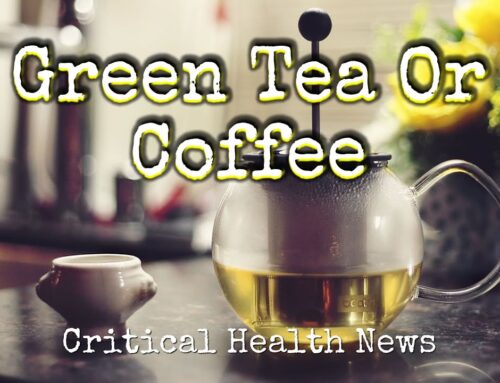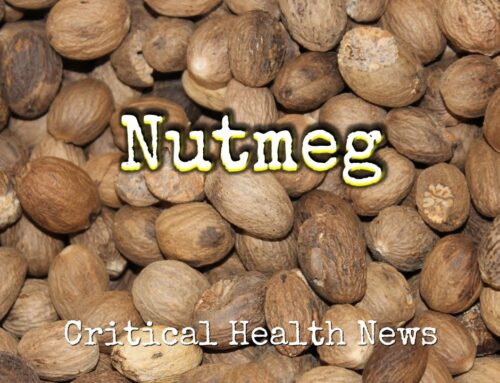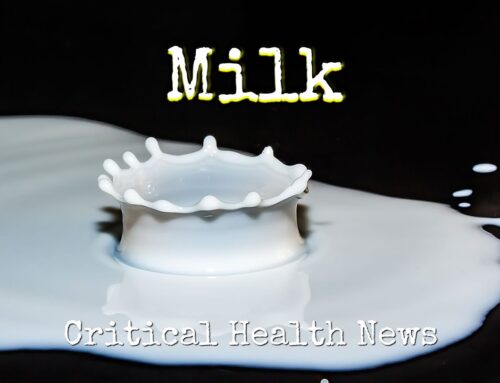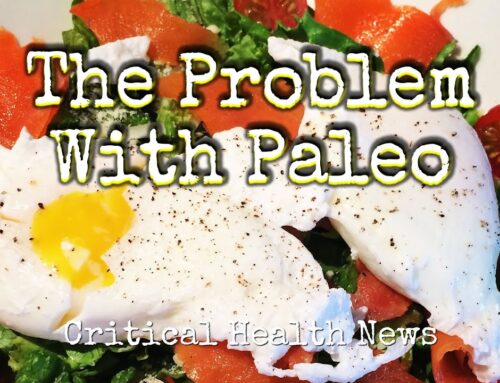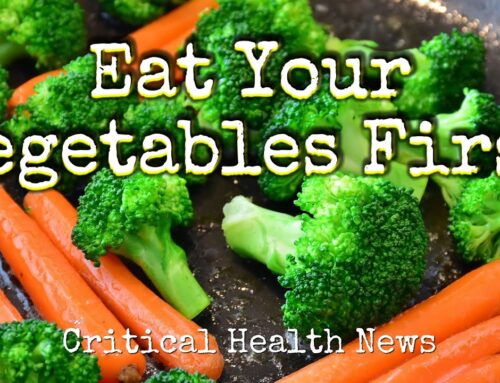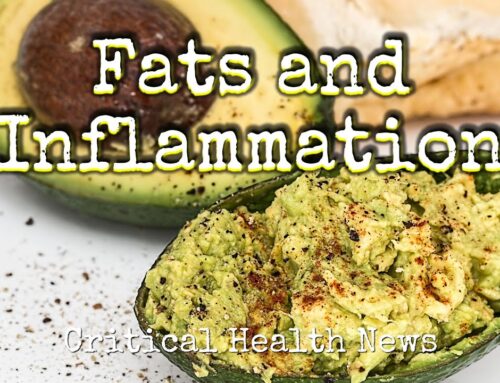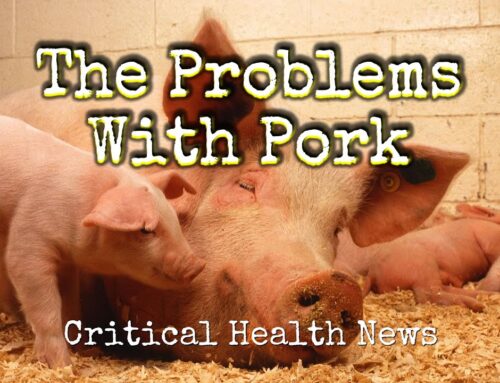It’s a jungle out there. In such a world, where everything wants to survive, it should come as no surprise that plants – for the most part seemingly innocent and benign – come equipped with a host of powerful defensive molecules, specifically designed to punish the intrepid and ignorant ingest-er, who dares to indulge. These botanical chemical weapons are proteins called lectins, and they can wreak havoc on human and animal bodies, interacting with cells, causing them to clump and disrupt their functionality.
The end result can be all manner of symptoms including constipation, diarrhea, bloating and cramping, autoimmunity, inflammation, brain fog, as well as PMS and other menstrual issues. Lectins are also anti-nutrients, and they can block intestinal absorption of calcium, zinc and iron, among other nutritional molecules.
Pretty much all plants and produce contains lectins. Although grains, beans, nuts, dairy and eggs are notorious culprits, nightshade veggies like tomatoes, potatoes and peppers are also sources of lectins. The best way to prevent lectin related symptoms is to avoid eating the foods that contain them. Steaming, boiling and cooking can destroy lectins; so can soaking and fermenting, particularly the ones in beans and grains. Slimy substances and seaweeds, like red algae and kelp as well as okra fruit and slippery elm, can protect against the problematic proteins. You can also take lectin blocking supplements that are readily available in health food stores and on the internet.

